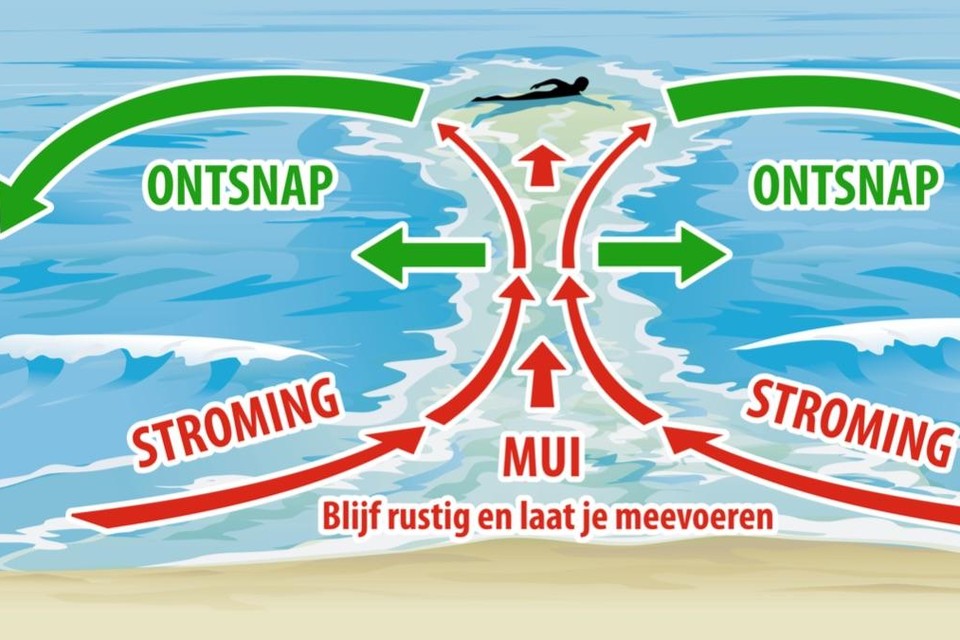Summer Days
Summer Days
It's summer, the sun is shining (more often), and we seek the refreshing coolness by the sea, a lake, canal, or in the swimming pool during hot days. Warm summer weather can be delightful, but if the temperature stays above 25°C for a longer period, it can become a bit too hot for many people, as well as animals, flowers and plants. We provide you with some tips and advice for these days.
What should you keep in mind?
Stay well hydrated and always drink enough water, tea, or coffee, even if you're not thirsty. Don't get too stressed and be cautious with (excessive) strenuous activities. A footbath can help against overheating and swollen ankles.
Keep yourself cool, wear lightweight clothing, and wear a hat or cap when going out in the sun.
Try to stay in the shade as much as possible on extremely hot days with plenty of sunshine. If you do go out in the sun, always apply sunscreen with a good level of protection. This will prevent sunburn and protect your skin from skin diseases and disorders.
Keep your house cool, use sunshades, and close the curtains during the day. Keep windows and doors closed during the day to keep the heat outside. Only open them again when it cools down a bit outside.
Be careful when swimming in the sea
Are you heading to the beach and planning to swim in the sea? Pay attention to the following situation!
Every year, many people encounter problems due to so-called "rip currents" (in Dutch: it is called “mui”) while swimming in the sea. There are areas in the sea where sudden strong currents occur, pulling you out to sea. Some currents are even faster than the speed of an Olympic swimmer! It may sound strange, but the most important thing in such a situation is not to panic and not to resist the rip current! This requires a lot of energy and strength, which can put you in serious danger. If you find yourself caught in a rip current, always allow yourself to be carried by the current, meanwhile drawing the attention of the coastguard and/or bystanders or swimming back to the shore from a different direction after you have escaped the rip current.


